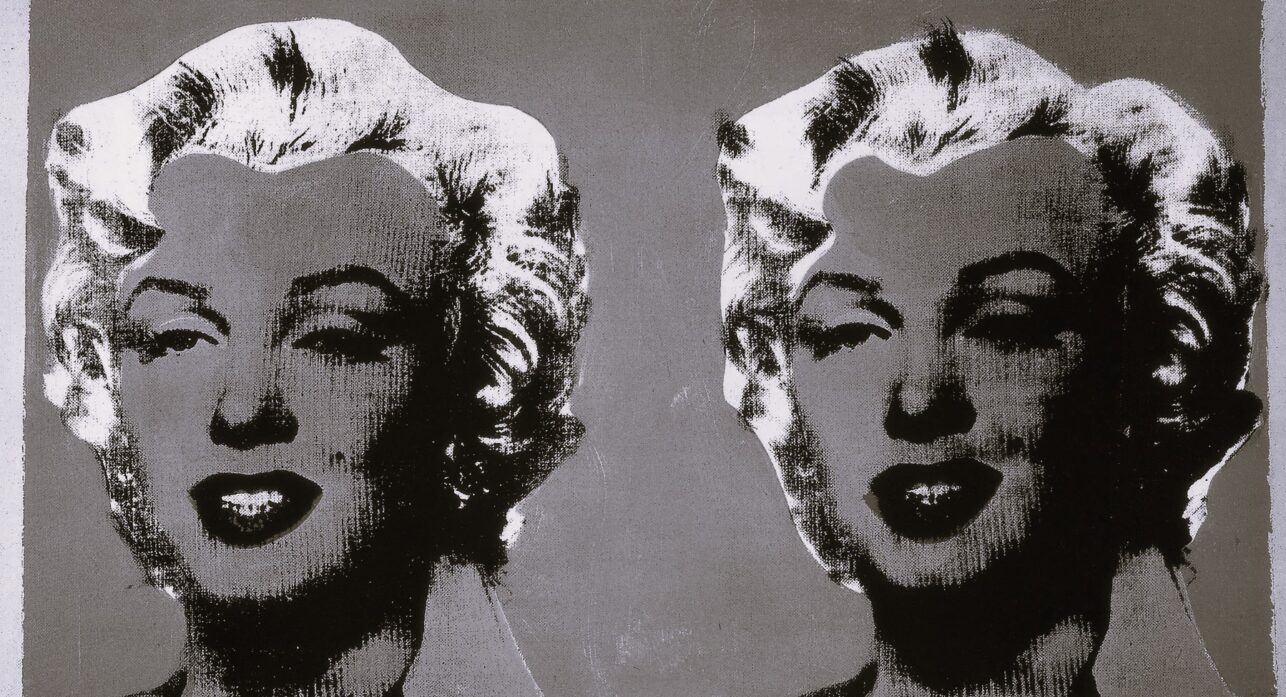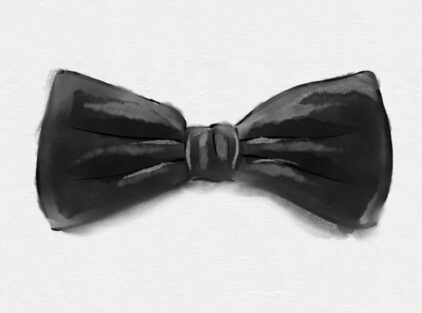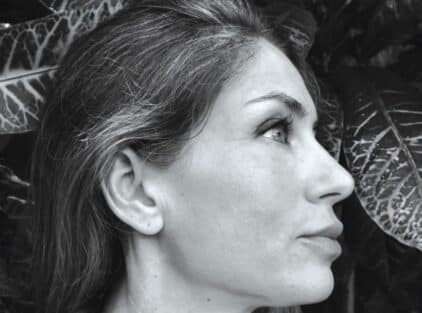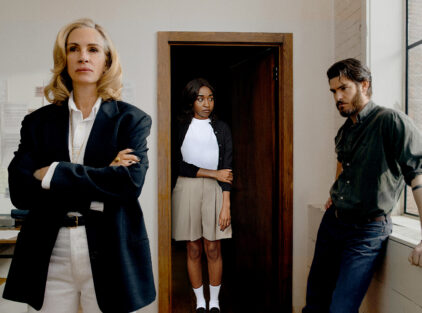by Christos Zampounis
In Heinrich Heine’s poem of the same name, the German poet is inspired by the image of a young lover who looks towards the house where his beloved used to live, and is afraid to see his other self. The “double”, as translated from the German, is something that dissolves everything that made up his existence.
I watch through the canto, the “dialogue” about same-sex couples and it’s like watching the Greek society to be haunted by its other self. The mirror creates violent reactions and the monologues rage until the final collapse. Arguments here and there are raised and negated, resulting in an internal turmoil that resembles a storm. “So much fuss about 500 couples?”, some people ask. In a few years we will not remember it all, as it happened with the civil marriage, others reply. Myths and realities e.g. that adopted children of same-sex couples will also become gay, or that children need a father and a mother to develop properly, have given us confused “remains” of ourselves, according to another interpretation of the Doppelganger.
Or is there behind all this “storm” a deep social crisis, which like the Lernaean Hydra is spreading from the schools to the stadiums? It remains to be seen.













